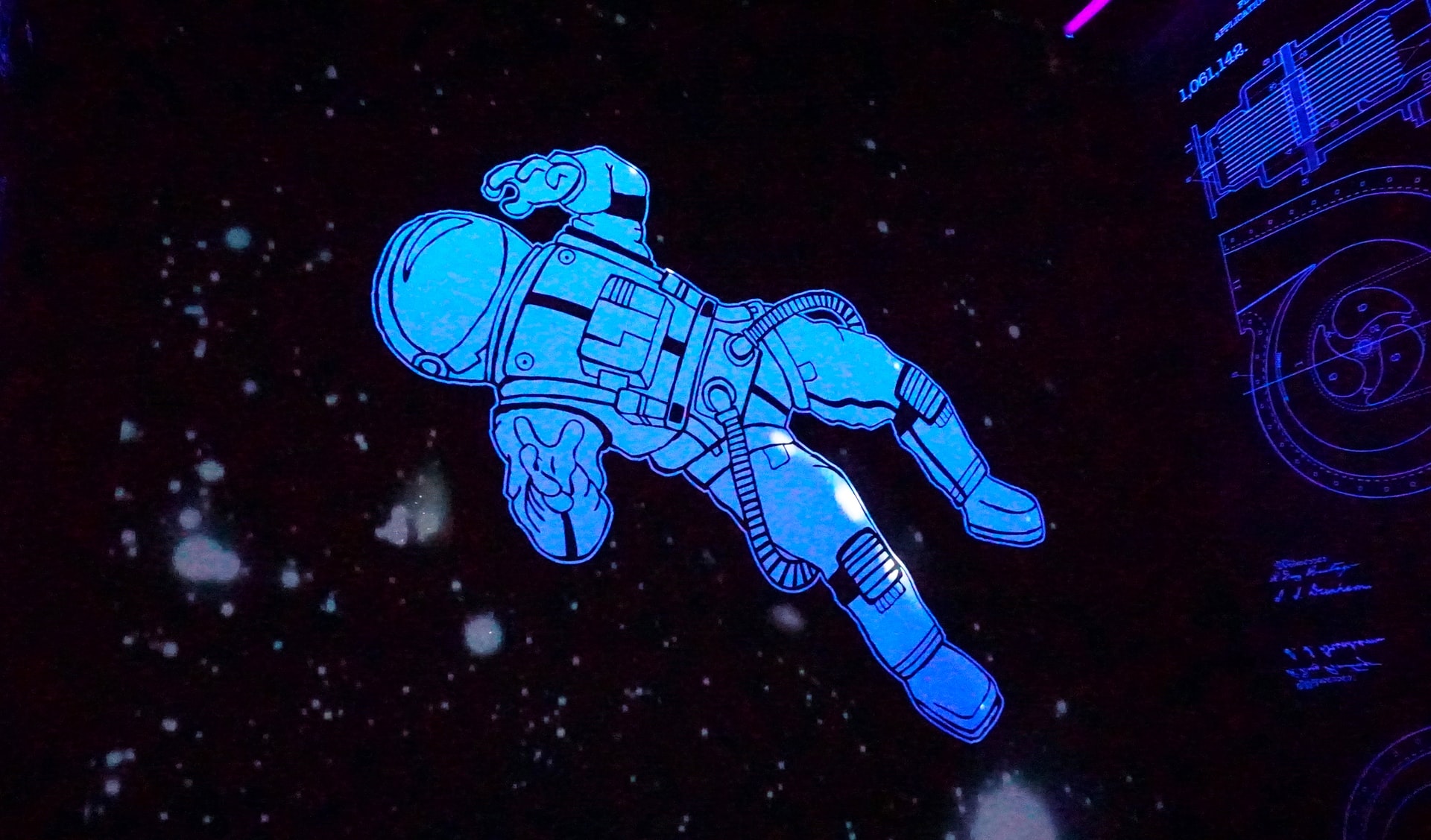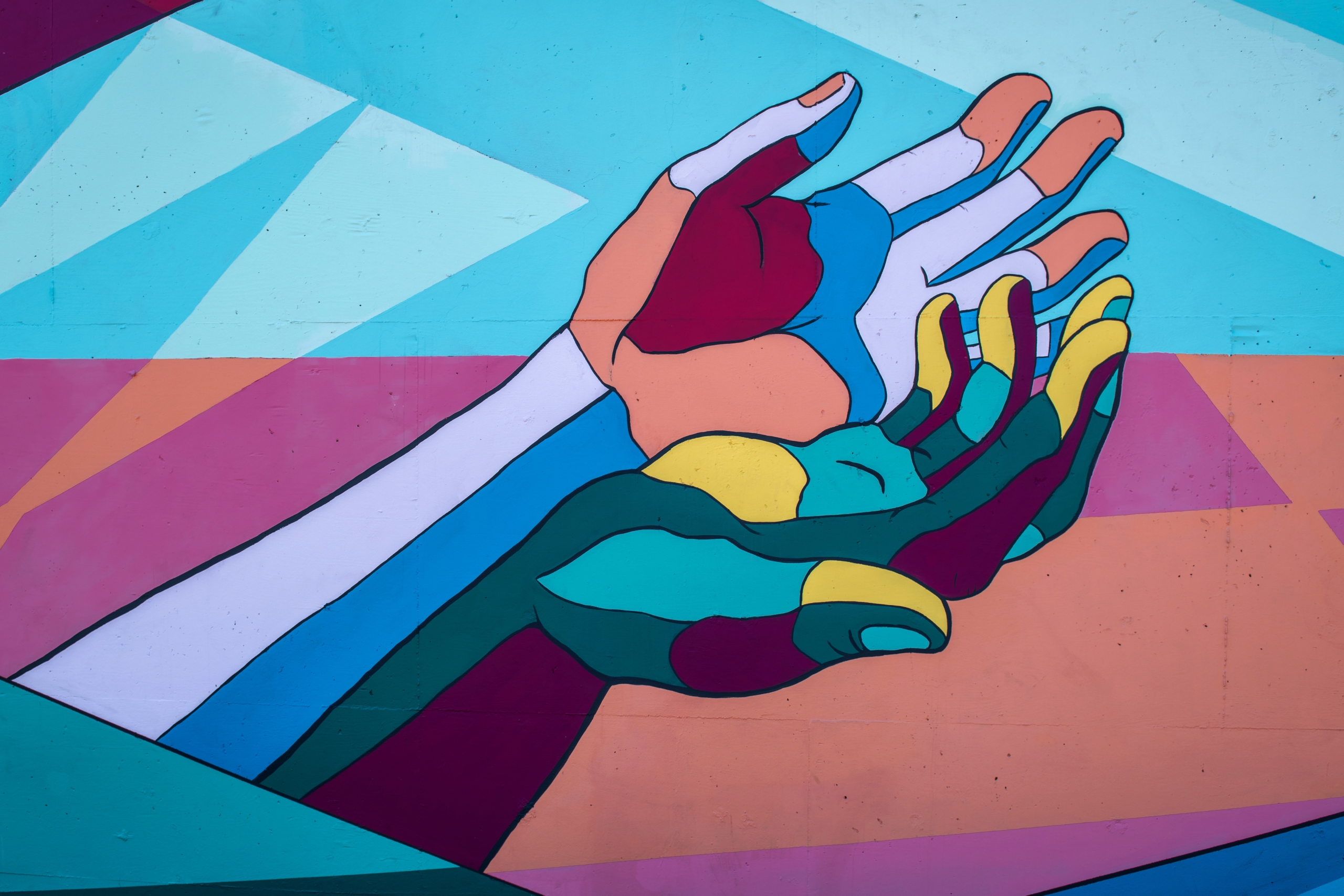February 2022
Author: Anna Noskova, Rudolf Kubik, Ph.D.
Space research applied to modern teams
The essence of a business is the people who create it.
The World Economic Forum talks about the so-called megatrends that have been accelerated by the pandemic. They affect the approach to managing people, teams, and entire companies, but they also include the aging population, where Generation X has different needs and values from millennials or Generation Z.
The globalization of the labor market is leading to greater linguistic and cultural diversity in work teams, requiring the ability to adapt. Technology is accelerating communication and collaboration, and work teams are changing in months rather than years. At the same time, collaboration in an online environment is in many ways more complicated.
“Virtual or hybrid teams are a tough nut to crack for managers. It’s hard to get people to tune in through a screen, develop personal contact, engagement, integrate new people, and of course, engage people evenly remotely and from the office,” says Rudolf Kubik, partner at Sociomapping.
He adds that managers today may lack insight into how their people are feeling. Subordinates, on the other hand, feel a lack of interest in their person. This is also why there is a large exodus of employees from companies.
A different definition of success
“Through generational renewal, what we consider success is revised. It’s not just about economic prosperity and status, but new generations of employees are asking significantly more questions about the social value of their work and the impact on the wider environment,” says Eva Höschlová, senior consultant at QED Group.
Therefore, it is imperative that a manager or executive works on themselves with regard to their mental health. They need to not only find a balance between their personal and professional life but to educate themselves in coaching, work with mindfulness relaxation techniques, or meditate.
New skills
Both Höschlová and Kubik agree that modern managers need to be emotionally intelligent above all. In practice, this means tuning in to their people, actively listening, showing understanding, taking an authentic interest in their development, and also working with their emotions.
“Research shows that the topic of mental health and so-called employee wellbeing is now dominant. At the same time, if you spend a few dozen minutes each week with your subordinates, you will improve the situation in the whole company,” experts agree.
No superheroes
Due to global trends in companies, where not only quick adaptability but also greater diversity with regard to age, gender, and culture now matter, so-called hero leadership is being abandoned. The manager is no longer at the center of decision-making – their role is shifting more towards creating an appropriate and stimulating team environment.
“You have to be flexible to adapt in different situations, take responsibility, but at the same time be able to leave the decision or initiative to the people. Building teams that can manage themselves is even stronger than before,” explains Rudolf Kubík.
Collaboration is a win
The world is interconnected, so success is the result of team synergy, not individual predation. Managers must learn how to eliminate misunderstandings and nurture psychological safety. The challenge is often working remotely.
Kubik says so-called sociomapping, which diagnoses and develops team relationships, can help. Apps like Time is Limited, which monitor the efficient use of team members’ time and calendars can also help.
Original article at
https://forbes.cz/emocni-inteligence-nadevse-jak-manazersky-zvladnout-moderni-pracovni-tymy/
Where does Sociomapping come from?
Our CTO, Cyril Höschl, PhD., and Associate Professor Radvan Bahbouh PhD invented Sociomapping, to visualize interrelationship data. This powerful science, also used by NASA and Army in the military missions, reflects social and team dynamics in a way the human brain can understand, and within seconds. Whether you want to develop a remote, agile, or leadership team, Sociomapping visualizes the current and optimal team set-up and reveals potential issues within collaboration culture.




